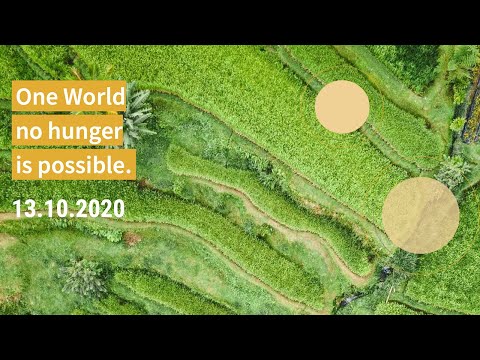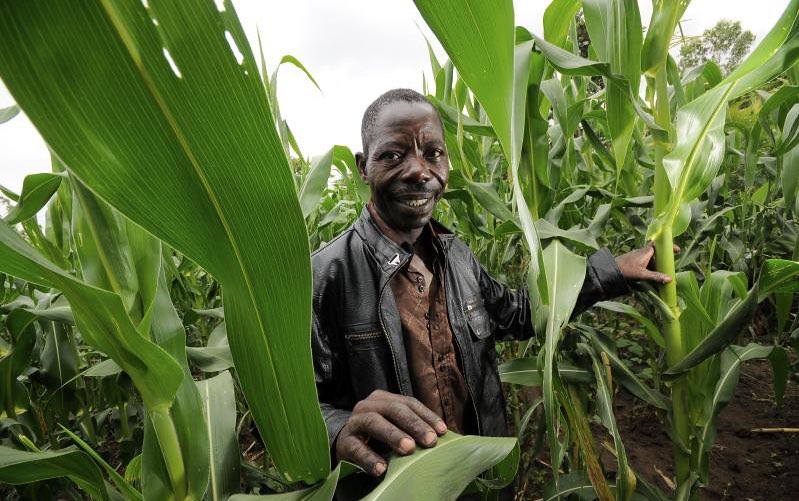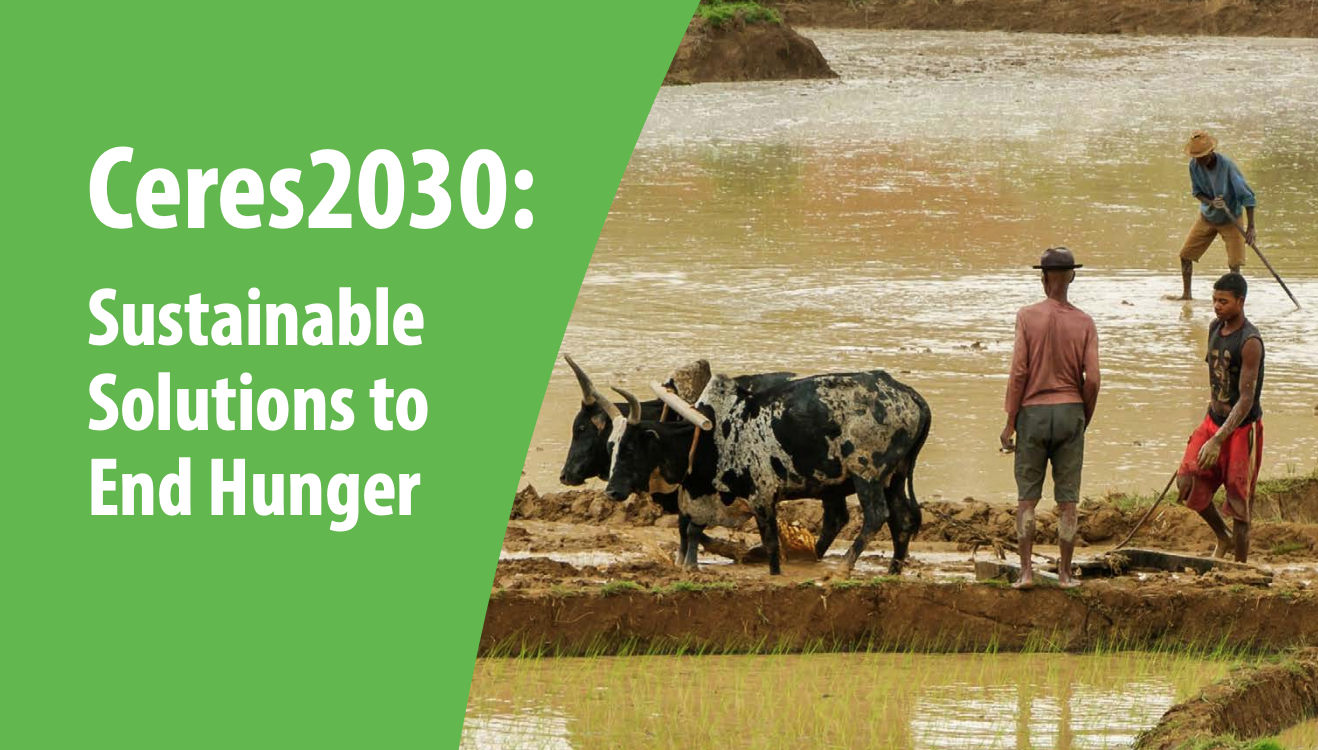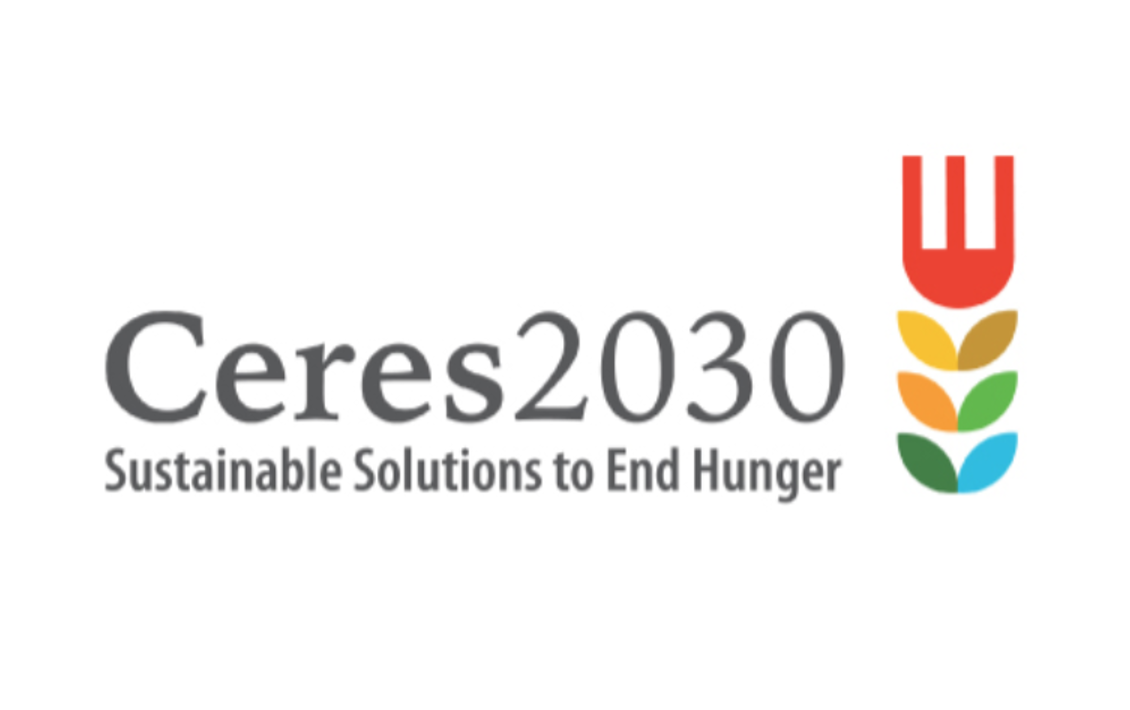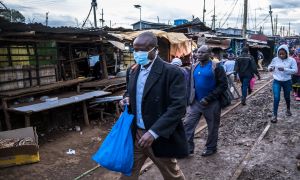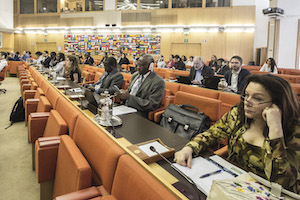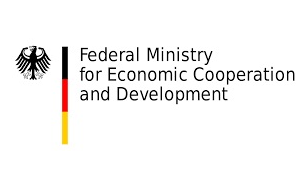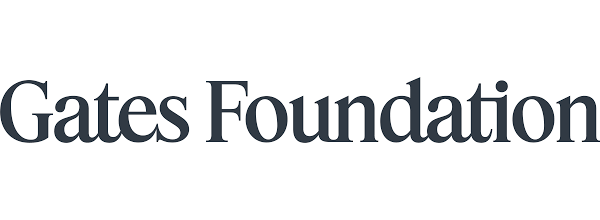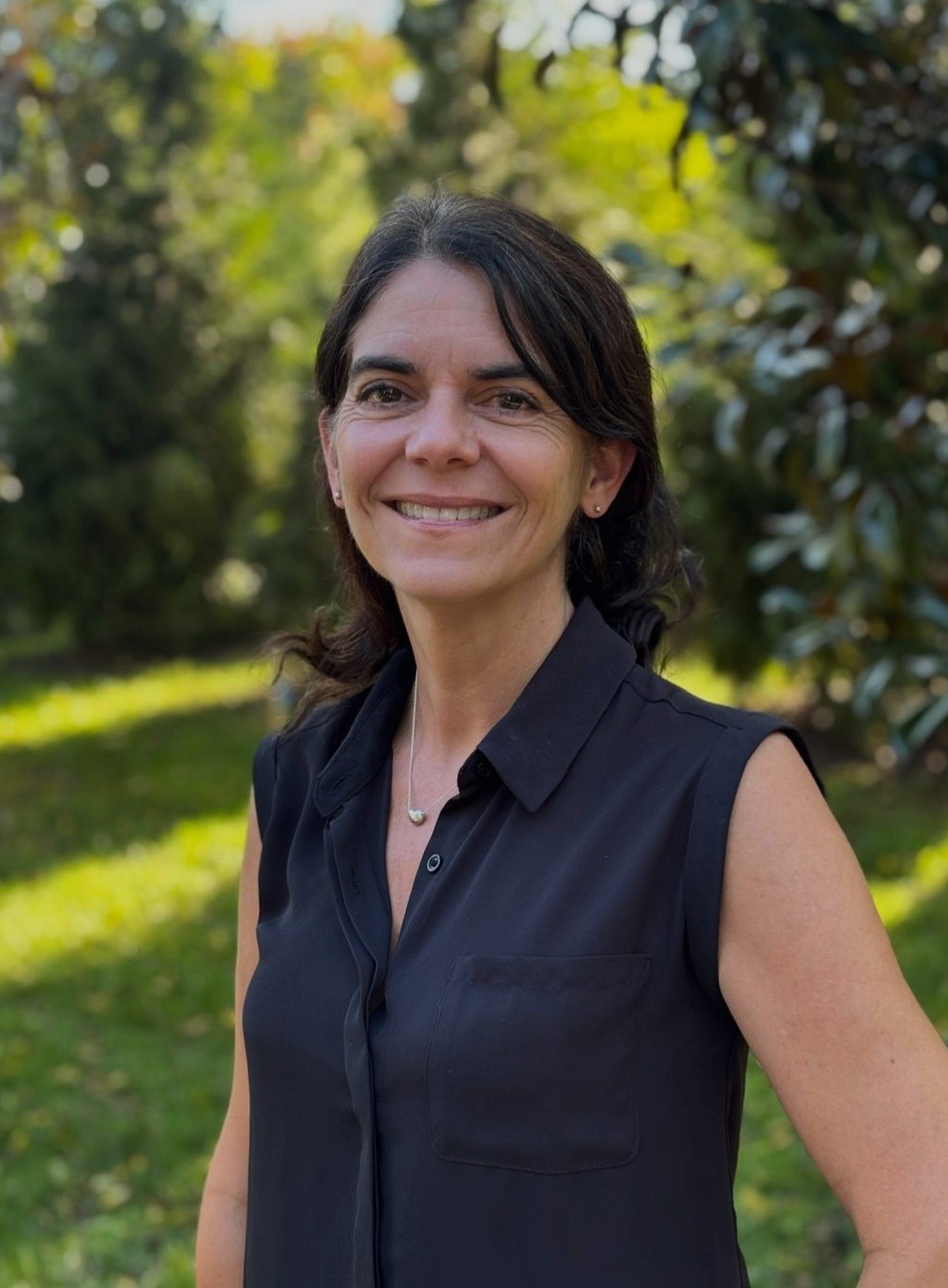Ceres2030’s new research shows that by doubling their investments between now and 2030, donors could help end hunger, double smallholder farmer incomes and protect the climate. (Read more)
As donors mobilize to meet the targets set by Sustainable Development Goal 2, “Zero Hunger”, one of the most pervasive challenges they will face involves information: they need to know how much it will cost to fix the problem, what interventions are most effective in solving it, and how they affect the rest of the economy.
Ceres2030 is a novel partnership between Cornell University, the International Institute for Sustainable Development (IISD), and IFPRI, bringing together three institutions who share a common vision: a world without hunger, where small-scale producers enjoy greater agricultural incomes and productivity, in a way that supports sustainable food systems.
Our mission is to provide the donor community with a menu of policy options for directing their investments, backed by the best available evidence and economic models.
Ceres2030 brings together economic modelling, machine learning, and evidence-based synthesis into one initiative, helping fill a major knowledge gap in the field of agricultural and food policy. Ceres2030 connects this knowledge back to the donor community, making sure decision makers have the cost figures and evidence they need when deciding where and how to make their investments.
For more information, please Visit Ceres2030’s website.




